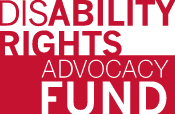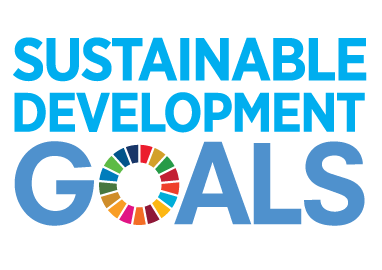Bangladesh is more exposed to tropical cyclones than any other country in the world. These cyclones cause devastating floods and economic disruption. Nearly 20 million people live in poverty in the coastal region, a fragile delta that is impacted by rising sea levels, soil and river salinity as a result of climate change.
Persons with disabilities are especially vulnerable to climate change-related disasters, especially in areas where frequent storms threaten food security and water availability. This is how Utpal Barua of the Coastal DPO Alliance describes the situation:
The villages on the Bay of Bengal is at risk of floods and land erosion due to climate change. Persons with disabilities are often the poorest of the poor and are illiterate. They are often hit hardest because of their badly constructed housing, the disruption to their family’s livelihoods, inaccessible transportation and communication systems, and lack of accessible cyclone shelters.
Persons with mobility issues may be unable to run or walk to a shelter and may be left behind in times of chaos when people are fleeing during a disaster. Early warning systems may not be audible or visible to persons with sensory disabilities. If they do make it into a shelter, persons with disabilities may find facilities for daily survival to be inaccessible. Women with disabilities face the additional risk of being harassed, assaulted, or otherwise abused.
Lack of accurate information on persons with disabilities can compound the challenges they confront during disaster-related situations. Having accurate data on the numbers of persons with disabilities and the barriers they face, is critical to reducing the risk of persons with disabilities being abandoned during rescue operations.
To address these issues faced by persons with disabilities, a Mid-Level Coalition funded by the Disability Rights Advocacy Fund and led by the Federation of DPOs in Sitakund is creating strategies for DPOs to link disability rights advocacy to climate change preparation.
Coalition members Coastal DPO Alliance and Padma Pukur Union DPO are training and mobilizing persons with disabilities in coastal villages, many of whom are isolated in remote areas. The Young Power for Social Action, a local NGO, provides technical assistance on issues and activities related to climate change adaptation.
This coalition is reviewing disaster risk reduction laws and policies to present recommendations to local and national policymakers so that their plans and programs will be disability inclusive.
The results are expected to benefit 20,000 persons with disabilities of which 40% are women with disabilities.
Advocating to policymakers is critical so that the investments that the government makes include persons with disabilities. Enhancing the capacity of persons with disabilities to increase their resilience must be a part of the government’s schemes to “leave no one behind,” meaning that all people must be included as active participants in the 2030 Agenda and Sustainable Development Goals.
Despite international mandates, disaster response rarely meets the needs and rights of persons with disabilities. Vashkar Bhattacharjee, the Coalition’s Program Manager who has a visual disability, says:
An inclusive approach to climate change adaptation and disaster risk management must ensure that services and systems are adapted to meet the diverse needs of community members, and that individuals are empowered to take action to reduce their own risk.
It may be too late to mitigate the effects of climate change in the Bay of Bengal, but building up the resilience of persons with disabilities can contribute to improving their lives.


